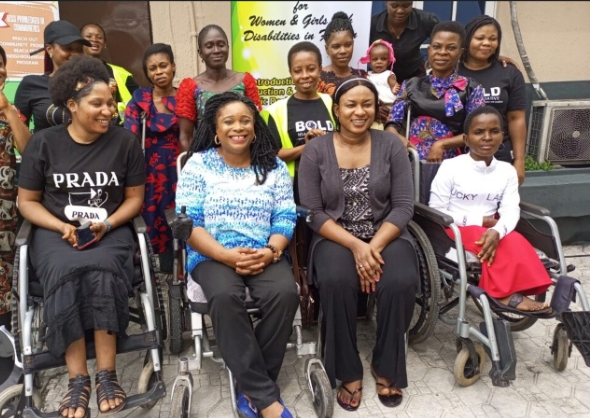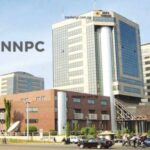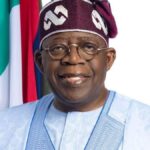Anambra State, Nigeria – Women with disabilities in Anambra State are grappling with a healthcare system that is marred by bias, obstacles, and a lack of inclusivity. The Association of Anambra State Women with Disabilities (AASWOWD) is sounding the alarm and demanding change.
Comrade Ncheta Nwanokwara, State Chairperson of AASWOWD, is leading the charge. “Women with disabilities in Anambra State are facing a plethora of challenges in accessing healthcare services,” she said.
“These challenges include systemic barriers, prejudicial attitudes, and a lack of accessibility in health institutions. This is unacceptable and must be addressed.”
The group is calling for enhanced healthcare service delivery, increased investment, and improved training for healthcare providers to address the disparities.
“We envision a future where every woman, regardless of her disability, can access quality and empowering reproductive healthcare,” Nwanokwara emphasized.
Dr. Ogochukwu Ofiaeli, President of the Medical Women’s Association of Nigeria (MWAN), stressed the need for public institutions to implement the Anambra State Disability Rights Law (2018) and ensure accessible infrastructure.”Public institutions must set the tone and ensure that their facilities are inclusive and accessible to all,” she said.
Ms. Blessing Nnaeme from Achieving Health Nigeria Initiative (AHNI) highlighted the importance of accessible and inclusive healthcare systems. “Removing obstacles and providing high-quality care to all individuals is crucial,” she said. “This includes ensuring that medical facilities are physically accessible, with features like ramps, elevators, and wide doorways.
It also includes offering accessible communication methods such as sign language interpreters, Braille materials, or communication devices if needed.”
The Joint National Association of Persons with Disabilities (JONAPWD) urged AASWOWD to explore opportunities for economic empowerment and skills acquisition to address the disparities. “Economic empowerment is vital to improving the lives of women with disabilities,” said Comrade Ugochukwu Okeke, State Chairman of Joint National Association of persons with Disabilities.




